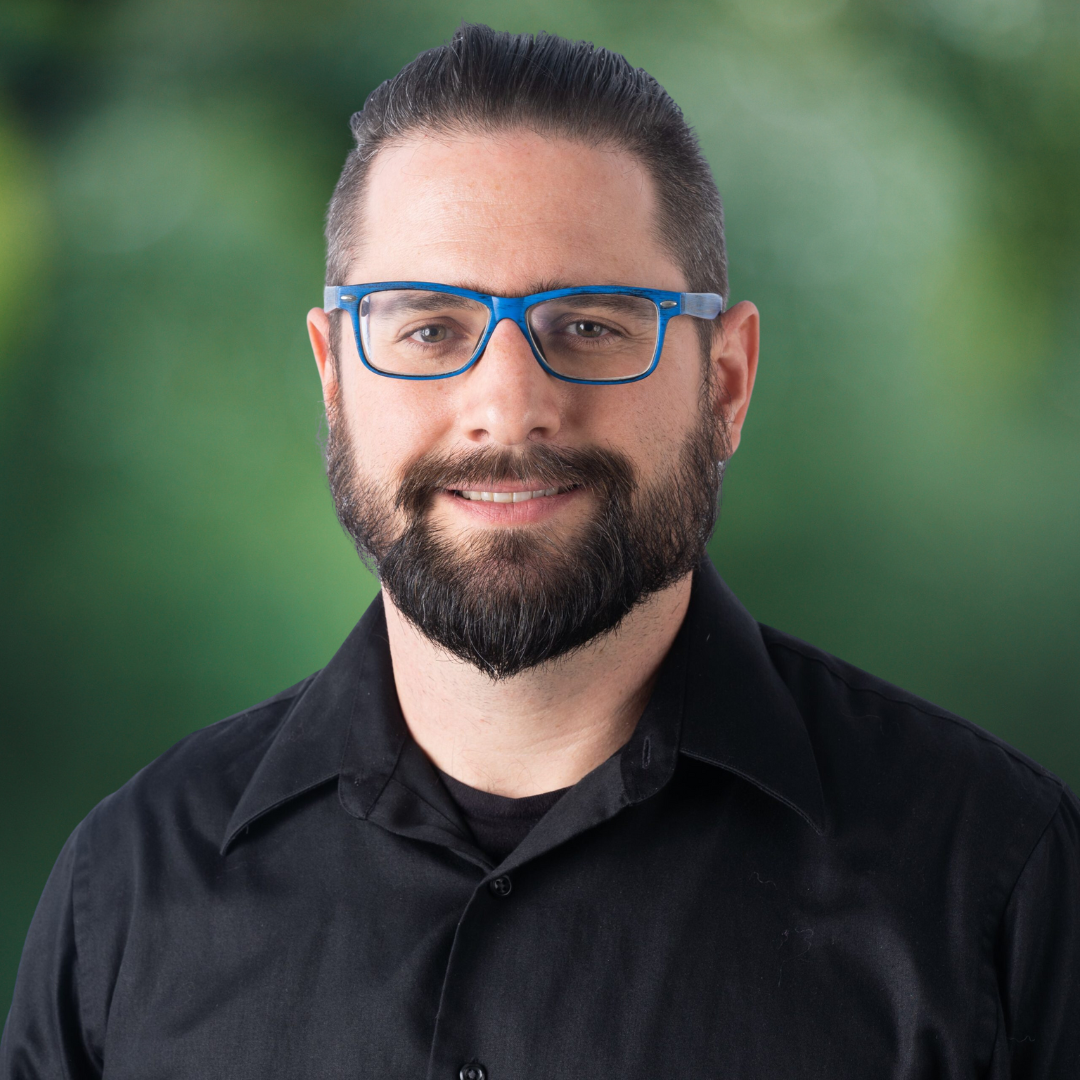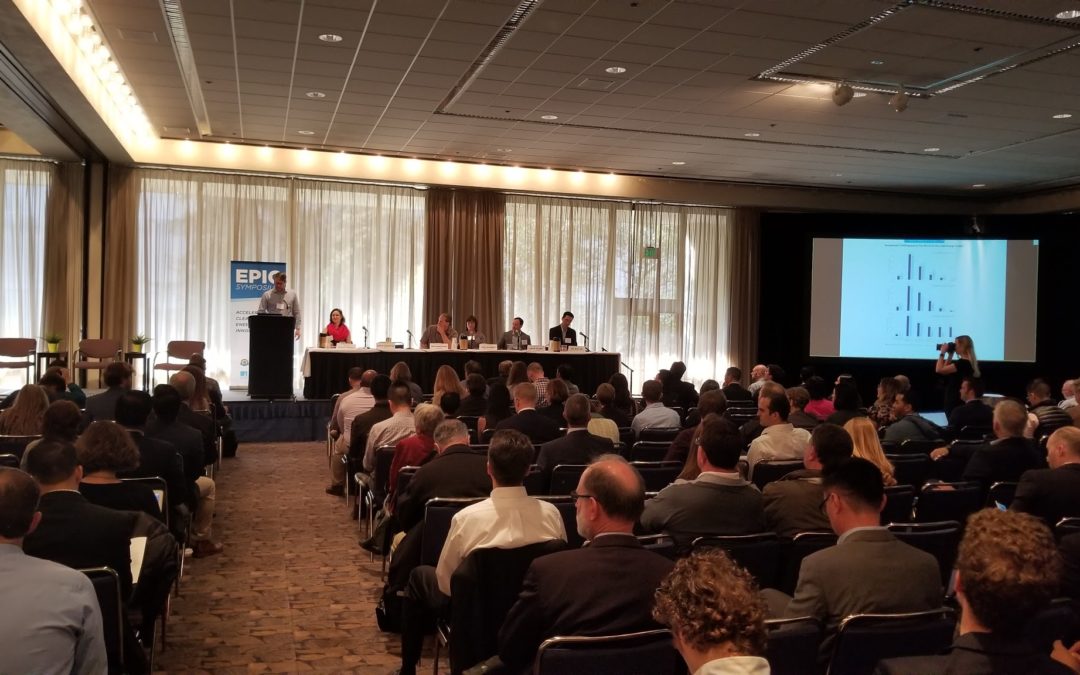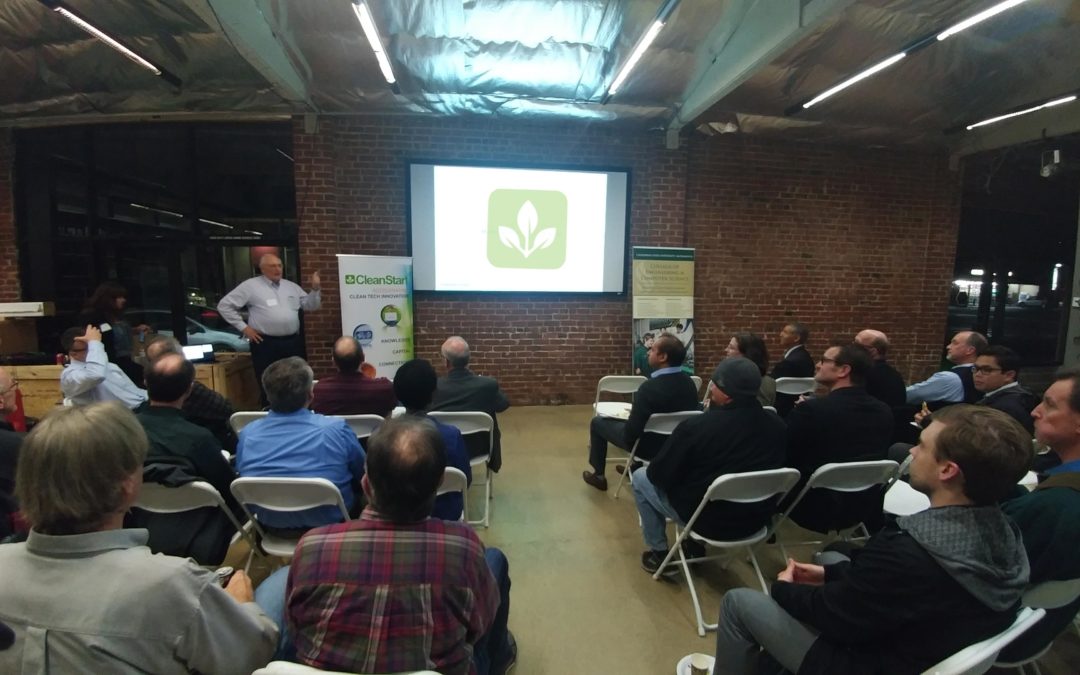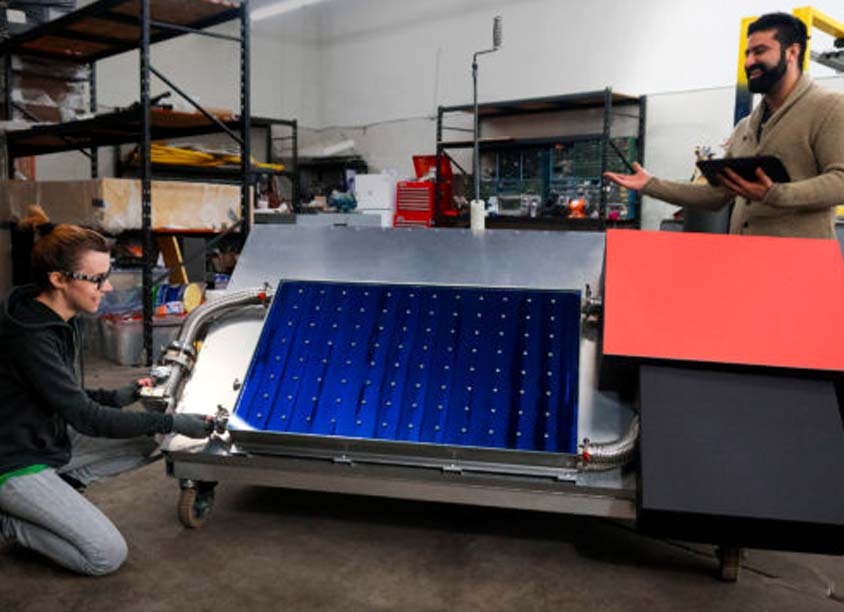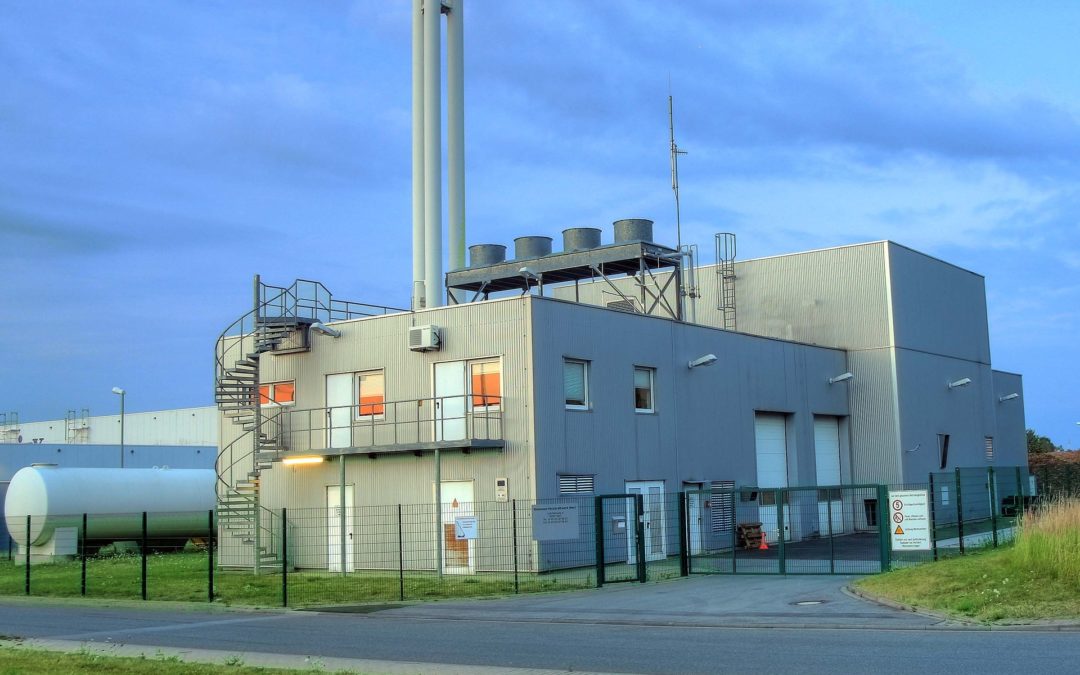
Biomass Companies Adapt to Changing Market
At the upcoming Cleantech MeetUp on Feb. 27, two waste conversion companies (Origin Materials and Greyrock) will present who have managed to navigate the treacherous path from startup to near-profitability. A little bit of background may illustrate why this is such a significant achievement. In the 1980s and 90s, there was a lot of attention on and enthusiasm for waste conversion to electricity. This region had an abundance of ag and forestry wastes and the prices offered for power were attractive. Interest has waned in the past ten years for two reasons: . First, waste conversion–usually through digestion or gasification–turned out to be a lot more finicky than expected. A thousand things could upset the process and lead to low yields, downtime, and expensive retrofits to solve some problem. Second, the drop in natural gas prices due to the abundant new supplies from fracking (from $12 per million BTU at the peak to $3 or less today) caused the price to tumble. Increasingly, power at the margin was coming from natural gas-fired generators and power sellers had to meet or beat those prices. But at those prices, few could cover their operating costs.
It was a time for a shift in strategy for those who could manage it. One way was to switch to making a product more valuable than power. Origin Materials took that approach and focused on industrial petrochemicals, principally those used in the production of plastics. It helped that buyers were starting to look for such chemicals from renewable sources, not from oil. Greyrock Energy has taken a similar approach, with one more twist. They switched to the manufacture of zero-sulfur, clean diesel fuel. While wholesale diesel prices slumped when oil went to $24 per barrel, it is now back to $60 per barrel and wholesale prices rebounded. The additional twist for Greyrock was in switching from using gasified ag wastes to feed their units to using natural gas that was otherwise wasted through flaring. As a result, their operating costs went way down–and they avoided the finicky waste gasification step. They might in the future re-connect to ag and other wastes as a source for making their clean diesel, but Greyrock’s shift in strategy has allowed them to get into production and fine tune the diesel process. The strategy shift has been essential to keeping both companies viable.
At a future MeetUp, we will hear from a third company–Sierra Energy–which has taken the approach of making the gasification step less of a hassle . They do this through a much less gentle conversion process, but one which has better yields and can handle a wide range of wastes. They too are about to put their first plant into full production.
There are other survivors along with a number of casualties in this sector of our cleantech economy, but it is significant that for one reason or another the area has managed to become a hub for waste conversion technology companies.
It should be a very interesting discussion on Feb. 27 and we hope you can join us.

ABOUT THE AUTHOR
Gary Simon is the Chair of CleanStarts Board. A seasoned energy executive and entrepreneur with 45 years of experience in business, government, and non-profits.


